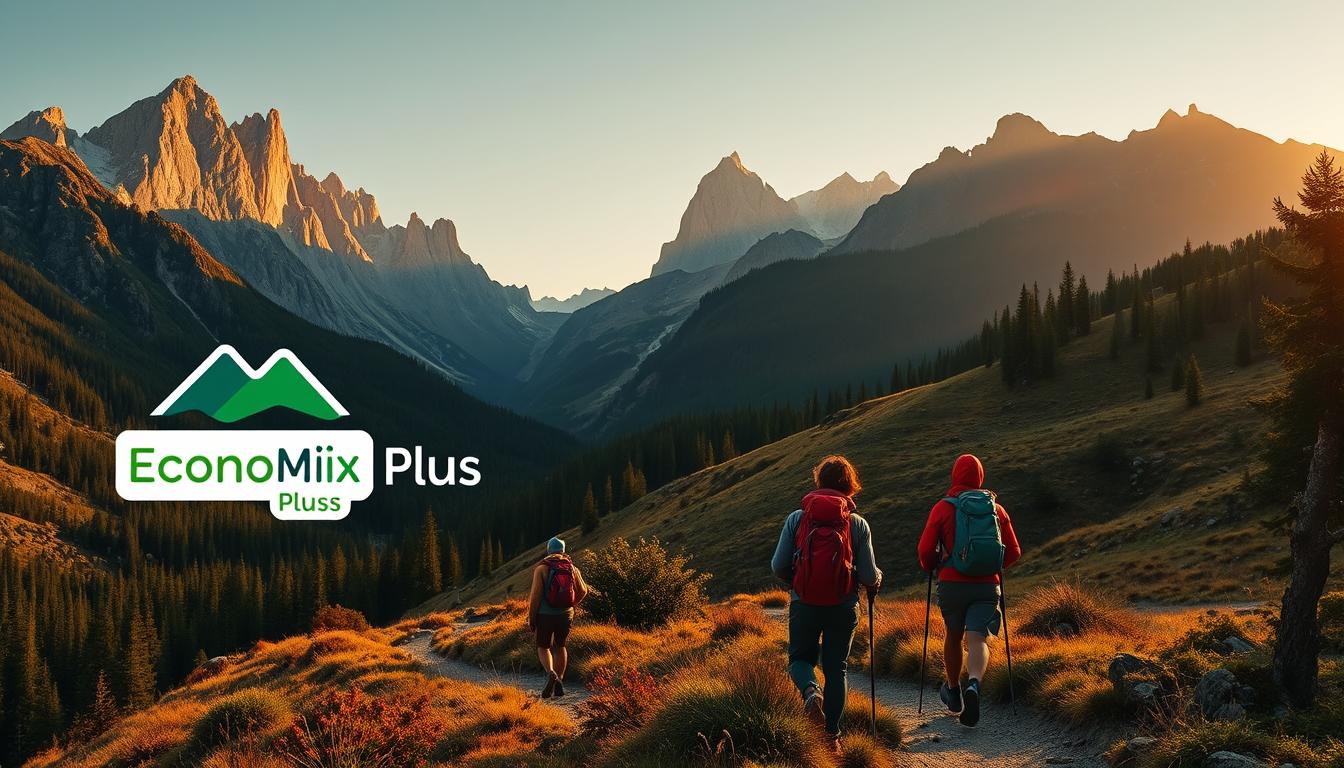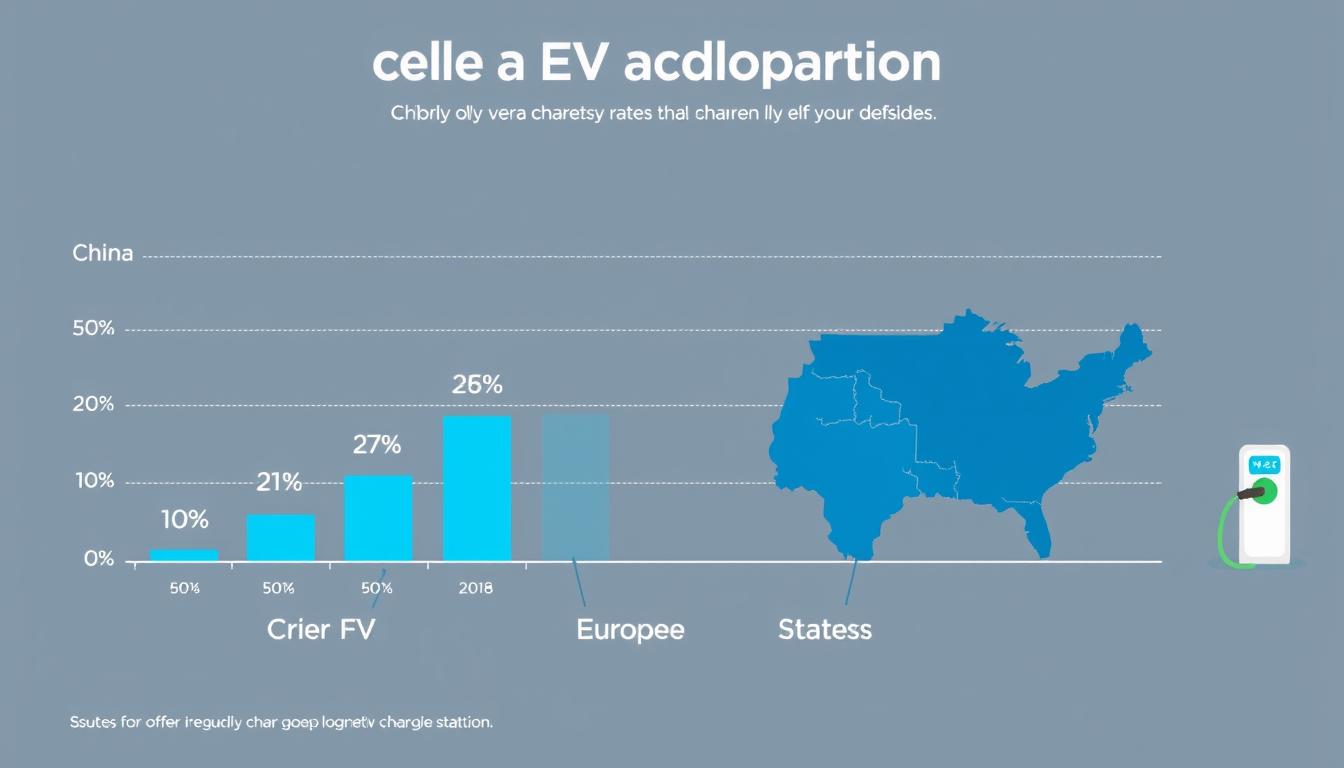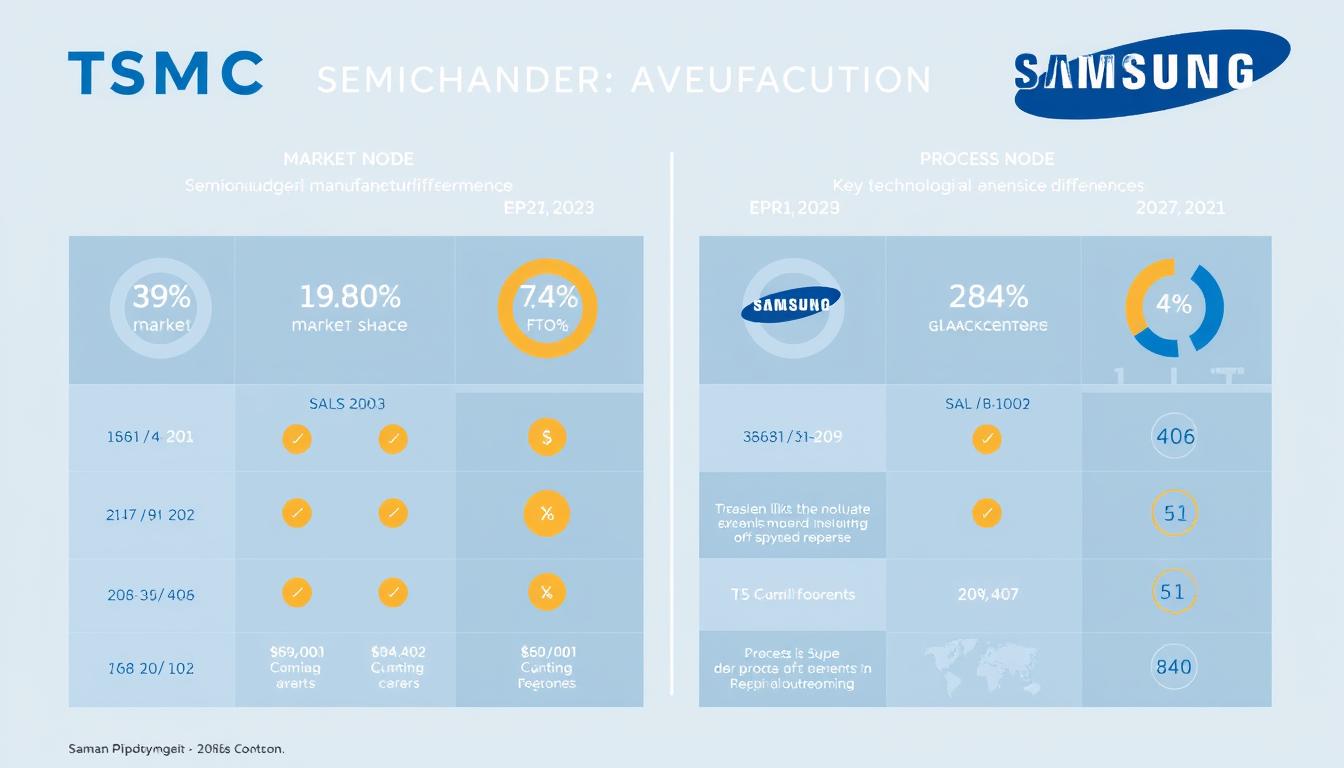What transforms a standard vacation into a life-changing journey? For many travelers, the answer lies in curated experiences that blend discovery with human connection. While most tours focus on checklists, one company redefines exploration by prioritizing depth over routine.
Every itinerary balances structure with spontaneity. Transportation, lodging, and key activities are prearranged, freeing travelers to immerse themselves in local cultures. Expert guides—often residents of the region—share hidden trails, family-run eateries, and traditions rarely found in guidebooks.
Small groups of 10-16 people foster camaraderie. Shared moments—like sunrise hikes or market visits—turn strangers into lifelong friends. Solo travelers appreciate the option to avoid single supplements while retaining privacy when desired.
Flexibility is key. Days mix guided excursions with free time for personal exploration. Whether sipping coffee in a Moroccan souk or kayaking Vietnam’s Ha Long Bay, these journeys prioritize authentic interactions over rigid schedules.
Key Takeaways
- Prearranged logistics allow focus on cultural immersion
- Local guides provide insider access to lesser-known sites
- Small group sizes encourage meaningful connections
- Balanced itineraries blend structured activities with independent exploration
- Options available for solo travelers without mandatory fees
How Does Intrepid Travel Create Unique Adventure Experiences?
True exploration happens when travelers step off the tourist trail. Unlike conventional tours, these trips blend structured itineraries with opportunities for personal discovery. Each journey focuses on revealing hidden cultural layers through a three-part formula: local expertise, intentional pacing, and community engagement.
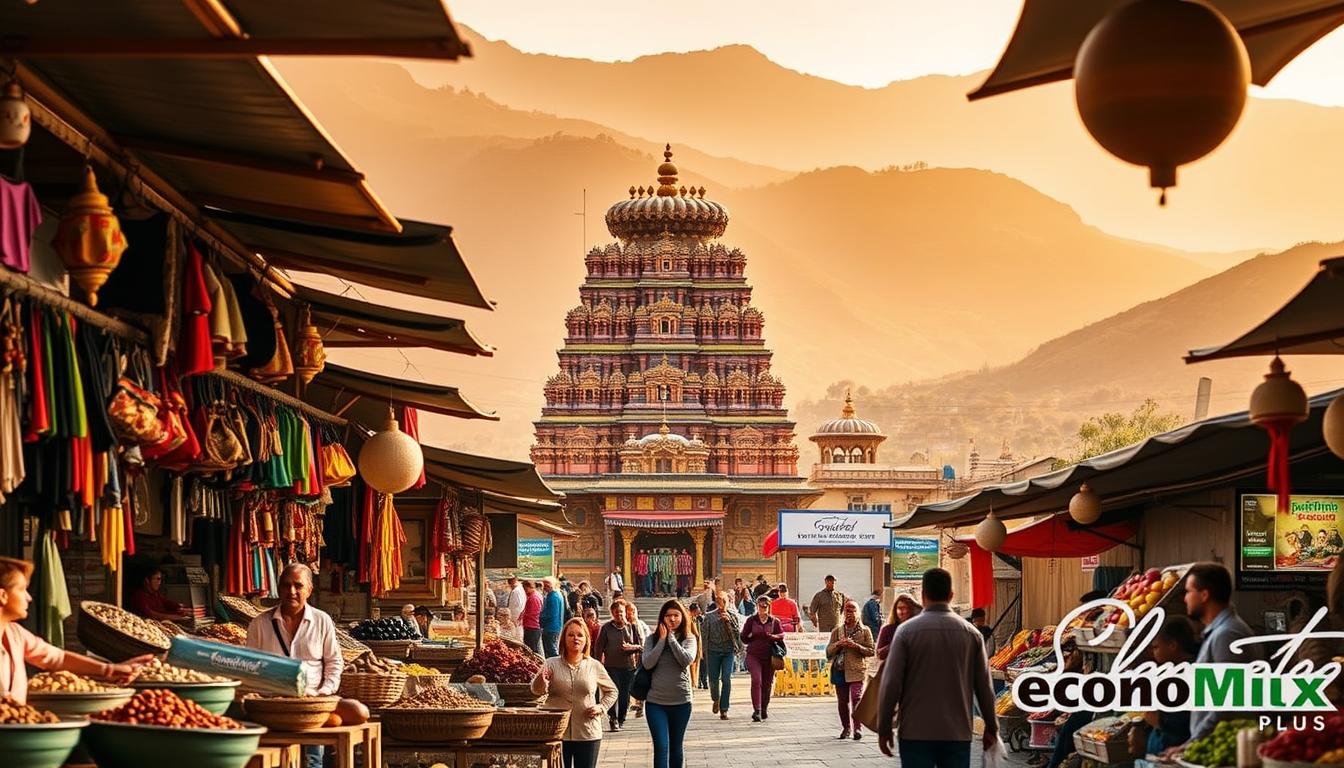
Redefining Exploration Standards
Itineraries prioritize lesser-known villages over crowded landmarks. In Morocco, groups might share mint tea with Berber families instead of rushing through Marrakech’s main square. Southeast Asian trips often include cooking classes in home kitchens rather than restaurant demonstrations.
Planned activities occupy 60% of each day, leaving ample free time for independent wandering. This balance lets travelers photograph Rome’s cobblestone alleys at dawn or bargain for textiles in Cusco’s markets without time constraints.
Human Connections as Compass Points
Guides born in the region unlock experiences most visitors miss. They might arrange meetings with Cambodian silk weavers or lead sunrise meditations with Balinese priests. These interactions create cultural bridges rather than transactional encounters.
Shared meals with local families become storytelling sessions, rich with the flavors of home-cooked dishes and the warmth of genuine hospitality. In Peru, travelers often learn Quechua phrases while peeling potatoes with Andean hosts, engaging in a cultural exchange that goes beyond mere tourism.
These moments, filled with laughter and shared experiences, transform standard trips into chapters of personal growth, as participants gain insights into the daily lives and traditions of their hosts. Whether you travel solo or join a group, this immersive interaction fosters a deeper understanding of local customs and values, proving that group travel thrives when rooted in mutual respect. For those who want room for new friends and wish to explore diverse countries, these trips create lasting connections with people and places along the way.
Discovering Locally Inspired Itineraries & Authentic Interactions
Exploring beyond guidebook highlights reveals a destination’s true character. Locally designed routes focus on cultural roots rather than tourist hotspots. These journeys connect travelers with traditions through carefully chosen stops and community partnerships.
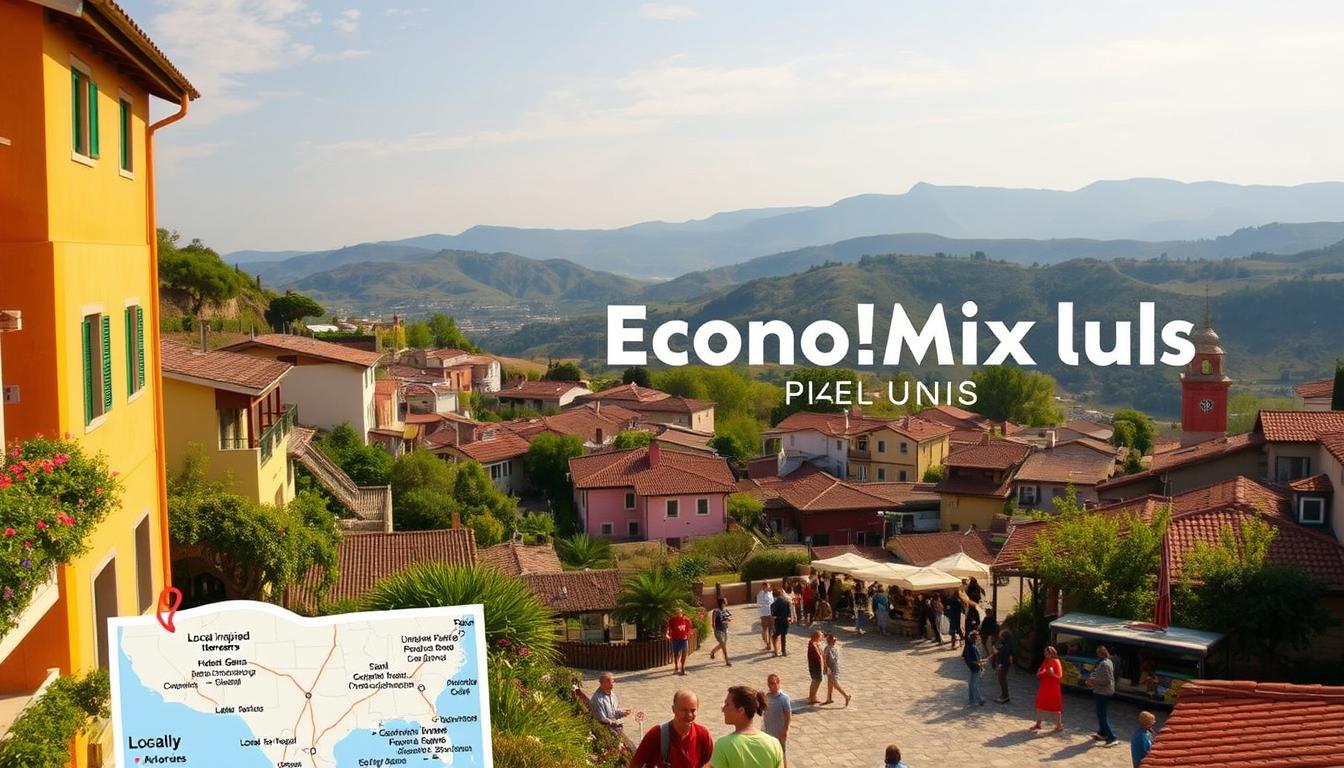
Curated Destinations Rooted in Local Culture
Destinations are chosen for their living traditions, not just famous landmarks. In Vietnam, trips might include overnight homestays with Red Dao families. Mexican itineraries often feature Day of the Dead celebrations in rural villages rather than crowded cities.
Meals and transportation reflect regional styles. Travelers dine at family-owned eateries using recipes passed through generations. Local buses or boats replace standard tourist coaches, adding authenticity to daily commutes. Whether on group trips or solo adventures, these elements enhance the experience, making every destination feel like a home away from home, where friends can gather and share the time of their lives in beautiful places.
Embracing Hidden Gems and Off-the-Beaten-Path Experiences
Itineraries prioritize lesser-known sites where culture thrives undisturbed. Groups might learn pottery-making from Moroccan artisans or harvest tea with Sri Lankan farmers. These activities create lasting memories while supporting local economies.
| Features | Standard Tours | Local Itineraries |
|---|---|---|
| Accommodation | Chain hotels | Family-run guesthouses |
| Meals | Tourist restaurants | Home-cooked regional dishes |
| Cultural Access | Surface-level | Deep immersion |
Leaders born in the region share insider knowledge. They might arrange sunrise visits to Guatemalan markets before crowds arrive. This approach turns ordinary trips into chapters of cultural discovery.
Embracing Small Group Dynamics and Building Friendships
Shared journeys forge bonds that outlast destinations. Groups of 10-16 travelers become tight-knit communities through collective discovery. This size allows personalized attention while maintaining diverse perspectives—ideal for meaningful exchanges without overwhelming dynamics.

The Power of Shared Moments
Intimate groups move seamlessly through narrow market alleys or remote trails. Spontaneous conversations flourish during village feasts or sunset viewpoints. Travelers often recall these unscripted interactions more vividly than famous landmarks.
Structured group activities—like cooking classes or guided hikes—create common ground. Free periods let people explore solo or pair up based on shared interests. This balance fosters both camaraderie and independence.
Solo Without the Solo Price
Single travelers join without mandatory fees. Roommate matching connects compatible friends, while optional private rooms respect privacy needs. Shared meals and transport naturally spark connections.
One traveler recounted meeting future hiking partners during a Jordan desert campfire. Others have reunited for subsequent trips, proving that small groups nurture lasting travel networks. As itineraries unfold, strangers become confidants—united by curiosity and mutual discovery.
Flexible Trip Styles: Basix, Original, and Comfort
Travelers seek journeys that adapt to their needs, not the other way around. Three distinct trip styles—Basix, Original, and Comfort—cater to varied budgets and preferences. Each style balances planned elements with personal freedom, letting travelers shape their adventure without logistical headaches.
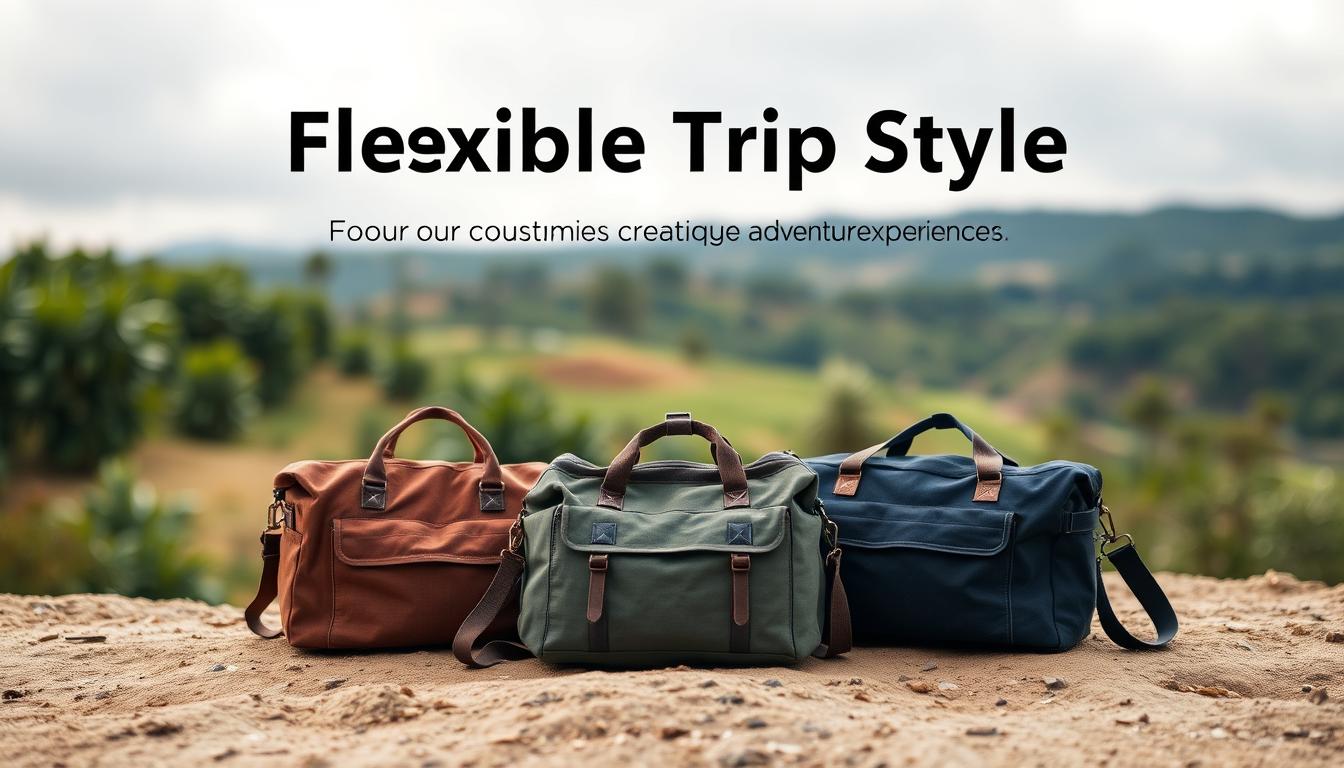
Tailored Experiences for Every Budget
Basix trips prioritize affordability and independence. Travelers stay in simple guesthouses or hostels, with fewer included meals. This style suits those comfortable arranging some activities solo while enjoying group transportation and expert guidance.
Original tours strike a middle ground. They cover key expenses like accommodation and select meals but leave afternoons open for personal exploration. Imagine visiting Angkor Wat with a guide, then bargaining at Siem Reap’s markets independently.
Comfort trips upgrade amenities without luxury pretense. Expect private rooms in boutique hotels and more included meals. Transportation shifts from public buses to chartered vans, ideal for travelers valuing convenience after active days.
| Style | Focus | Accommodation | Meals | Transport |
|---|---|---|---|---|
| Basix | Budget & flexibility | Hostels / basic lodges | 3-5 per week | Public options |
| Original | Balanced experience | Mid-range hotels | Daily breakfast + 2 dinners | Mix of public/private |
| Comfort | Enhanced convenience | Boutique properties | Most meals included | Private vehicles |
Understanding Inclusions and Optional Activities
Every style clarifies what’s covered upfront. Basix might include hostel stays and train tickets, while Comfort adds airport transfers. Optional extras—like hot air balloon rides or cooking classes—let travelers customize costs.
Leaders often suggest hidden gems during free time. A Balinese guide might recommend a lesser-known temple or warung (local eatery). This approach maintains structure while honoring individual interests.
Local Expertise and Responsible Tourism
Meaningful journeys leave footprints that uplift rather than exploit. At the heart of responsible exploration lies a dual commitment: authentic cultural exchange and environmental stewardship. This philosophy transforms standard trips into catalysts for positive change.
By prioritizing interactions with local communities, travelers not only gain deeper insights into diverse cultures but also contribute to the preservation of traditions and practices that might otherwise fade away. Additionally, this approach encourages a sustainable mindset, where the impact of tourism is carefully considered, ensuring that natural resources are protected for future generations. Ultimately, the goal is to create a harmonious balance between exploration and conservation, fostering an environment where both visitors and locals can thrive together.
Engaging with Local Leaders for Authentic Insights
Guides born in their countries become living bridges to cultural understanding. A Cambodian leader might share childhood memories of Angkor Wat’s hidden corridors. In Morocco, artisans teach pottery techniques passed through generations. These leaders curate encounters most travelers never find independently.
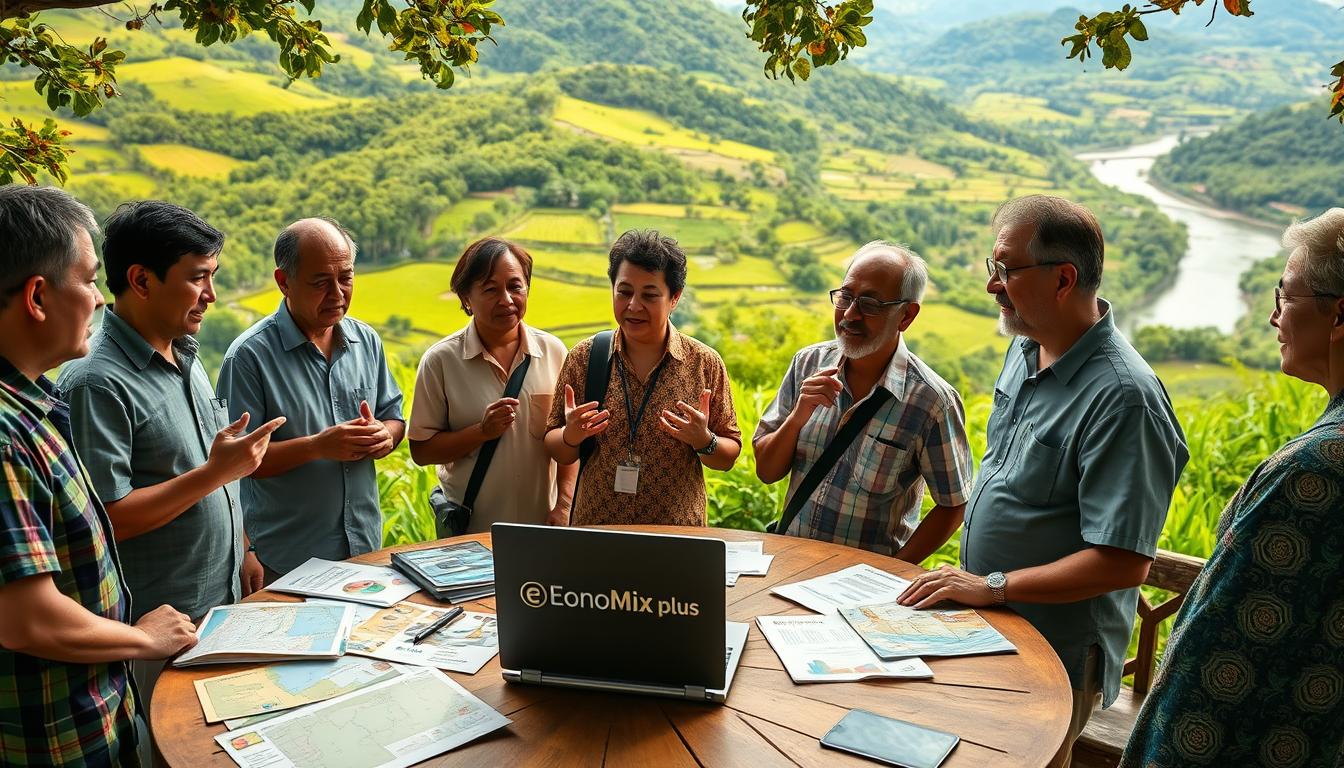
Supporting Communities and Sustainable Practices
Every itinerary prioritizes low-impact transportation and locally-owned accommodation. Carbon-offset programs balance emissions from flights. Through The Intrepid Foundation, travelers directly support education initiatives in Nepal or wildlife conservation in Botswana.
| Practice | Standard Tours | Responsible Tours |
|---|---|---|
| Guide Origin | External contractors | Local residents |
| Lodging | International chains | Family-run properties |
| Community Impact | Limited economic benefit | 30%+ revenue stays local |
Travelers might help plant mangroves in Vietnam or visit women’s cooperatives in Jordan. These experiences create lasting connections while addressing real needs. Meals feature hyperlocal ingredients, reducing food miles and supporting regional farmers.
The balance between curated tours and ethical practices proves transformative. As one Peruvian guide notes: “We share our world not as a museum, but as a living home.” This approach lets travelers discover destinations through the eyes of those who cherish them most.
Unique Activities, Free Time, and Optimized Itineraries
The art of travel lies in discovering rhythm—knowing when to follow a plan and when to wander freely. Well-designed journeys blend scheduled activities with pockets of unstructured discovery, creating space for both awe-inspiring landmarks and serendipitous encounters.
This balance allows travelers to engage deeply with their surroundings, providing opportunities to interact with locals, learn about cultural traditions, and uncover hidden gems that may not be found in guidebooks. By allowing for flexibility, travelers can seize unexpected opportunities, such as stumbling upon a vibrant street festival or a quaint café that offers a taste of authentic local cuisine, enriching their overall experience.
Crafting Journeys with Purpose
Guides coordinate morning excursions to iconic sites, leaving afternoons open for personal exploration. In Kyoto, a group might visit Fushimi Inari Shrine together at dawn, then scatter to explore—some photographing bamboo forests while others sip matcha in tucked-away teahouses.
| Structured Elements | Unstructured Opportunities |
|---|---|
| Guided historical tours | Independent market visits |
| Pre-booked accommodation | Free evenings for local festivals |
| Group transportation | Optional bike rentals |
This mix ensures travelers never miss must-see attractions while preserving energy for spontaneous adventures. A Croatia sailing trip might include guided Diocletian’s Palace tours, then free afternoons to swim in hidden coves or chat with fishermen.
Flexibility extends to style preferences. Basix itineraries emphasize budget-friendly independence, while Comfort options build relaxation into schedules. All trips share one trait: they’re frameworks for discovery, not rigid scripts.
“The perfect day had structure for safety and freedom for soul-searching—like that morning in Patagonia when our guide taught glacier safety, then let us wander alone with our thoughts.”
By designing experiences that honor individual curiosity, journeys become canvases rather than checklists. The balance between planned and free time transforms vacations into personalized stories of connection.
Conclusion
Journeys become transformative when cultural immersion takes priority over sightseeing. Thoughtfully designed trips blend local expertise with personal freedom, offering structured activities alongside unstructured discovery. Small group sizes nurture meaningful connections, turning fellow travelers into lifelong friends.
These adventures stand apart through their commitment to responsible practices. Locally-born guides share hidden gems while ensuring tourism benefits communities. Travel styles adapt to different needs—whether budget-conscious Basix or upgraded Comfort options—without sacrificing authentic experiences.
From shared meals with Moroccan families to sunrise hikes in Patagonia, every itinerary balances must-see landmarks with spontaneous moments. The result? Trips that educate as they exhilarate, leaving travelers with deeper understanding rather than just photos.
For those seeking more than standard tours, this approach redefines what travel can achieve. It’s not just about where you go, but how you connect—to places, people, and perspectives that linger long after luggage is unpacked.
